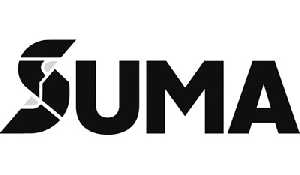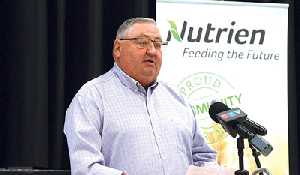New rules for passive income won't apply to most businesses
October 19, 2017, 3:17 pm


The Liberal government announced details of its tax changes on passive income earned in corporations Wednesday, and addressed most of the concerns expressed by small business owners.
Finance Minister Bill Morneau says the changes will not apply to any existing investments held by private corporations, and for future investments, only passive investment or rental income over $50,000 in a fiscal year will be subject to the new tax rules.
The government has also responded to concerns that the changes would be put in place too quickly, as they were originally scheduled to come into force Jan. 1, 2018.
Now Morneau says draft legislation will be released along with the 2018 budget next spring.
Minister Morneau outlined the Government’s intention to move forward with measures to limit the tax deferral opportunities related to passive investments, while providing business owners with more flexibility to build a cushion of savings for business purposes – for example to deal with a possible downturn or finance a future expansion – as well as to deal with personal circumstances, such as for parental leave, sick days or retirement.
The intent of the new rules will be to target high-income individuals.
In further developing these measures, the Government will ensure that:
All past investments and the income earned from those investments will be protected;
Businesses can continue to save for contingencies or future investments in growth;
A $50,000 threshold on passive income in a year (equivalent to $1 million in savings, based on a nominal 5-per-cent rate of return) – an amount that is exceeded by only about 3 per cent of corporations – is available to provide more flexibility for business owners to hold savings for multiple purposes, including savings that can later be used for personal benefits such as sick-leave, maternity or parental leave, or retirement; and
Incentives are in place so that Canada’s venture capital and angel investors can continue to invest in the next generation of Canadian innovation.
“Every small business owner knows that success often means taking risk. I’ve met with and listened to small business owners all across Canada and I know that their success also depends on flexibility in how they save for things like maternity leave, sick leave and their retirement," Morneau said. "The changes we will make, including lowering taxes on small business to nine per cent, are helping us take one more step towards an economy that works for the middle class.”
Canadian Controlled Private Corporations with taxable passive income above the $50,000 threshold in 2015 represented 3 per cent of CCPCs, but earned more than 88 per cent of total taxable income. The vast majority of businesses will not be affected by the tax changes.
80 per cent of the passive investment income in Canada is earned by 2 per cent of all CCPCs.
Only an estimated 50,000 family-owned private businesses are sprinkling income. This represents only a small fraction – around 3 per cent – of CCPCs.
In the course of the consultations, over 21,000 written submissions were received by the Department of Finance Canada.



































